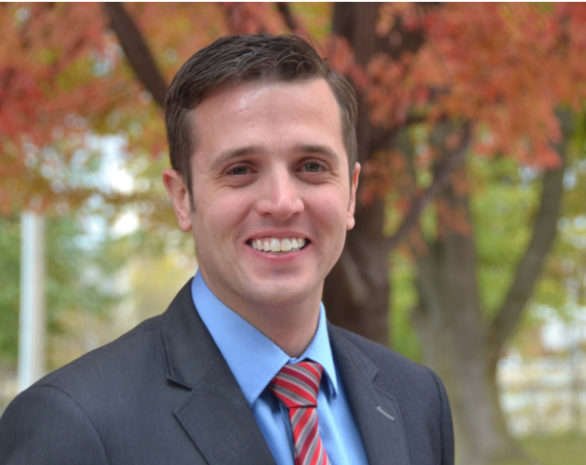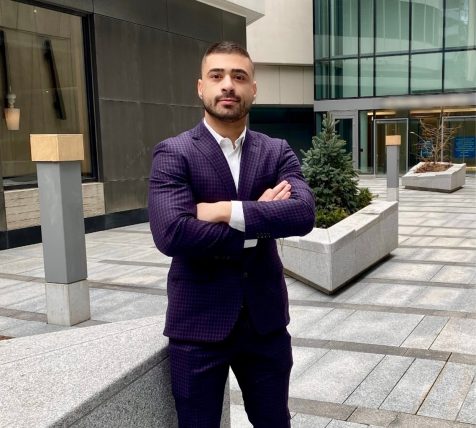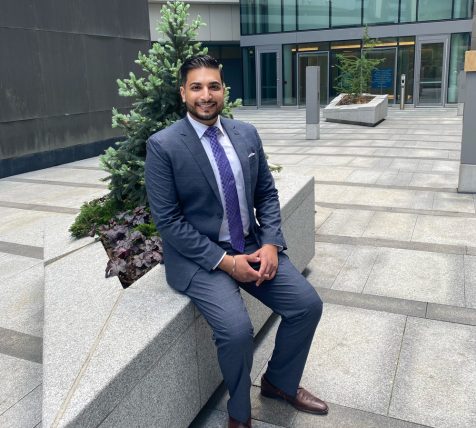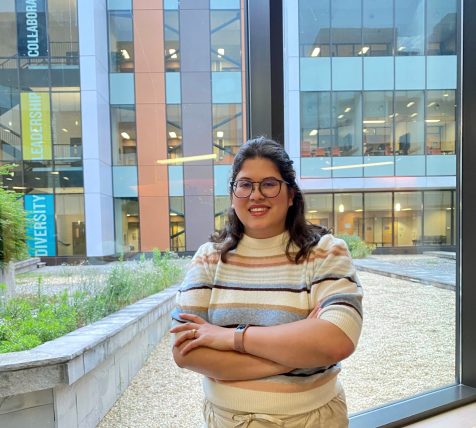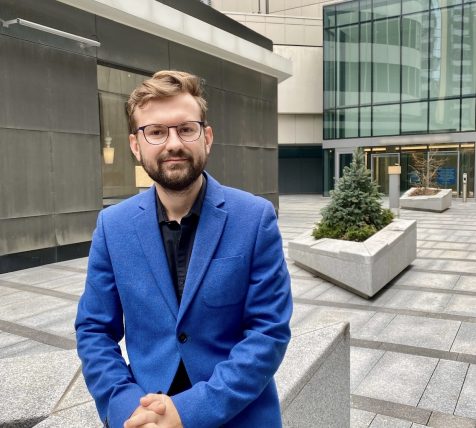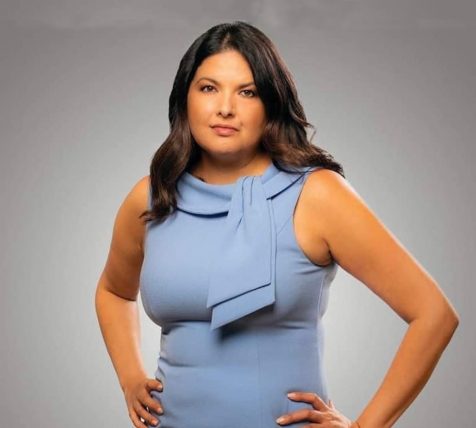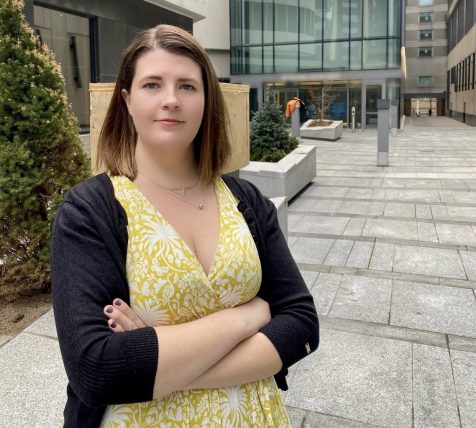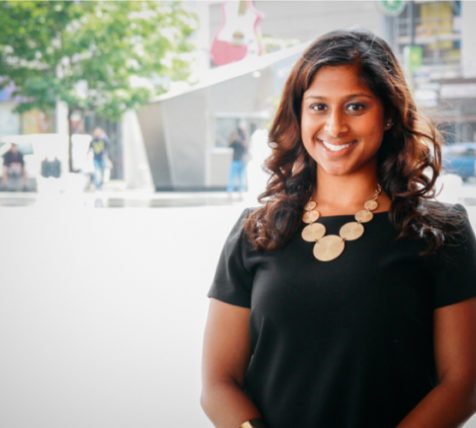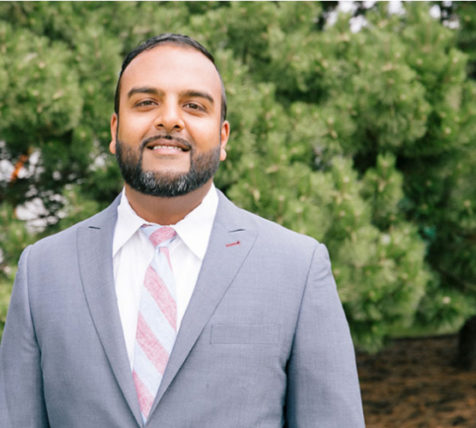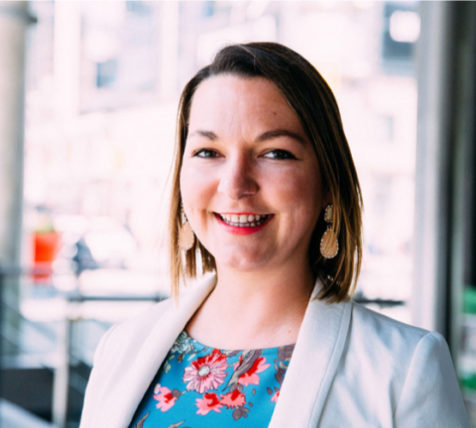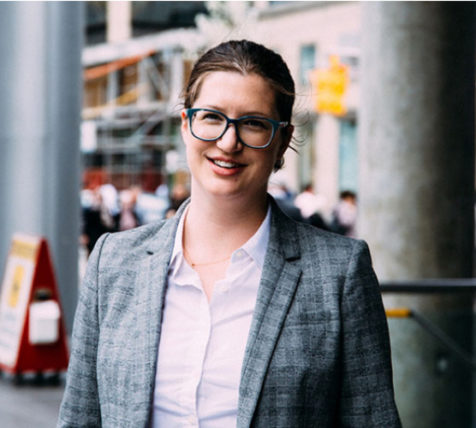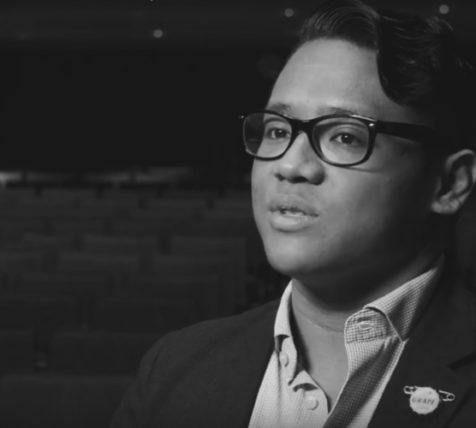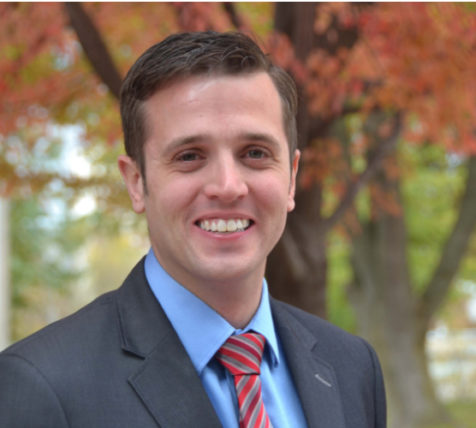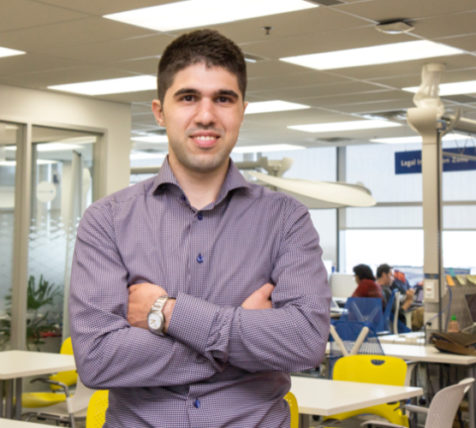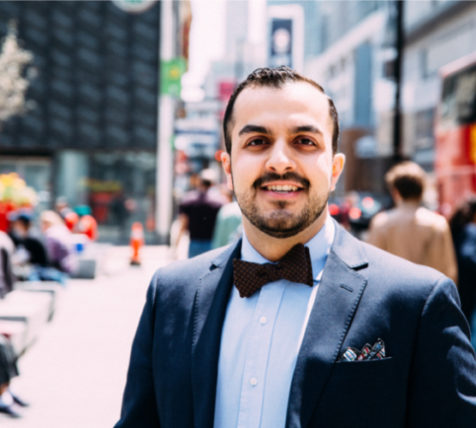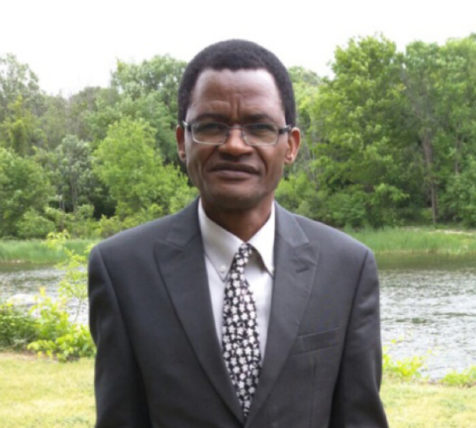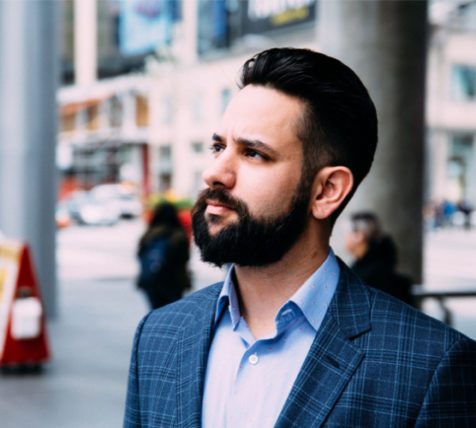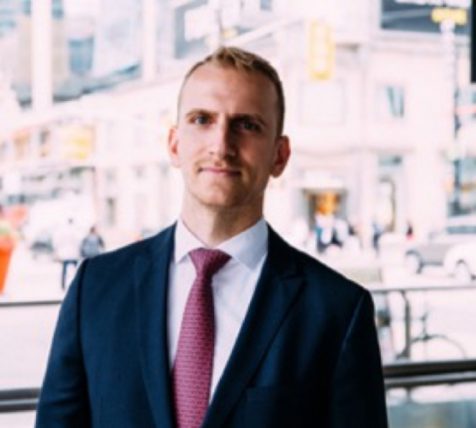Jordan Overholt
2014/2015
Jordan Overholt understands the power of media. He distinctly remembers the profound impact the Trayvon Martin case had on him.
About Jordan
Jordan Overholt understands the power of media. He distinctly remembers the profound impact the Trayvon Martin case had on him. He watched the trial live stream online. The case had implications that extended far beyond courtrooms and it yielded ample evidence that wasn’t being reported to the public. Jordan strongly feels that most trials ought to be broadcast live to help create a balanced perspective of the facts and remove the biased opinions and inflammatory perceptions. As the eldest of three brothers, Jordan is a voice for the people who are counting on the court system to be there for them. And with a successful real estate career in motion, he knows it’s more important to expose the truth and do what’s right than what’s popular.
Why law? What inspired your legal aspirations?
When I enrolled in the University of Western Ontario’s medical science program, I wasn’t entirely sure what I wanted to do with my life. I’d enjoyed my high school science courses, so I thought maybe medical or dental school one day. But I found I wasn’t as passionate as my colleagues when it came to the curriculum. Then, in third year, I was looking for an elective to balance out my course schedule, and I stumbled upon a course offered by the law faculty called Law 101. It was a survey course for undergrads that canvassed each “section” of law—contracts, criminal, torts, etc.—and it was so different from anything I’d ever done before, I decided to give it a shot. And that was fortunate, as it quickly became my favorite course of all time. My science courses paled in comparison. Weeks in, I knew I wanted to be a lawyer. I began studying for my LSAT shortly thereafter.
What legal case that had a strong impact on you and why?
I was part way through law school when the Trayvon Martin murder trial took place down in Florida. I remember it being all over the news, feeling disgusted by what had happened to him. The whole situation was awful. And being a law student, I was naturally curious at how the trial would unfold. Fortunately, I found a live stream. Someone had placed a camera in the courtroom, and you could tune in and watch it just like you could a Parliamentary debate. I watched the whole thing from start to finish. It was a great lesson in courtroom procedure and the examination of witnesses, but more than that, the real value was in seeing things happening first-hand, then comparing that to what mainstream news articles were reporting. I remember being shocked more than few times at what I read. Articles were leaving out key details, context, and appeared to be written in such a way as to stoke controversy more than report fact. I remember there being at least a few violent protests at the time, and I don’t think the way the courtroom happenings were reported helped dissuade that. Based on media reports, I went into the trial thinking the accused was guilty, but when it was all over, I had completely reversed my opinion and agreed with the not-guilty verdict wholeheartedly. I’m not sure that someone who only read media accounts would’ve seen the process as fair and transparent. It’s for that reason I wish Canada would televise trials. Anyone could tune in and learn something about how the legal system works, and for those trials that attract significant public attention, everyone would know exactly why a witness was excluded, or why a piece of evidence was admitted, or why a verdict of guilty or not guilty was rendered. There wouldn’t then be any fear that the justice system is biased. Obviously, there would be limits, like in cases of sexual assault where privacy is an issue, but in general, I think this would be a good approach to take.
What kind of law do you practise?
For now, primarily real estate law (both transactional work and litigation), but I intend to one day add intellectual property law to my scope of practice too. It would be a nice mix of law and science. The only wrinkle is finding enough time to do the necessary reading. I’ve fallen behind as of late. The real estate sector has been crazy this past year!
What is a typical day at work/office like for you?
I get into the office between 8 and 8:30 am, check my email, and then dive into whatever work has amassed on my desk. That could be anything from drafting land transfer contracts or commercial leases to reviewing items for upcoming transactions, like title searches or condominium status certificates. If an issue arises on a file, that file will end up on my desk with any recent, pertinent file correspondence attached. I’ll make any phone calls or send any emails necessary to smooth out the issue. Sometimes, I only have hours to do so. I call this putting out fires. I do a lot of it. I’ll also review every “client-ready” purchase/sale/refinance transaction file to ensure everything is correct and ready to go for signing. Then I’ll meet with clients to sign same. These signing appointments will be interspersed throughout the day. And there will be other client meetings too, to discuss strategy for buying/selling property or for mortgage-related topics like debt consolidation options. Then there are the administrative issues I’m always taking care of, like reviewing all the invoices the real estate department wants to send out, handling staffing issues, and referral-source development. In short, the job keeps me busy.
What is the best part of your career?
I’m always learning. Each day is something new. It’s fast-paced. And I get to help people get what they want—be it a home or an investment or the conversion of property into money. I guess that���s four things. I couldn’t tell you which one I like best. They’re all great!
What is your least favourite part of the job?
It can be hard to keep a healthy work-life balance. Ten to twelve-hour days are the norm when the real estate market peaks in spring/summer, and oftentimes, the hours can be a lot longer than that. I remember one day last summer where I came in at 6am and didn’t leave until 230am the next morning. There was just so much to do, and I was always so short on time. Don’t get me wrong—I enjoy the work—but it’s always a bit shocking when you look up at the clock and realize how long you’ve been at it. Finding the right balance is key.
Where did you earn your law degree?
Queen's University.
Where did you complete your LPP work placement?
Johnson and Schwass Professional Corporation in Markdale, Ontario. Its firm focus is real estate, wills/estates, corporate/commercial, and municipal law. It was a great place to learn, and I was very fortunate to have secured a placement there. It's where I worked on my first real estate file.
Describe a significant experience during the training component of the LPP
Each LPP candidate was assigned a mentor—a senior lawyer in the legal community—to review their training component work submissions, and my mentor was pretty picky (some might say ruthless) when it came to giving feedback. At first, it felt like I couldn’t draft anything properly. Some days, I was pretty discouraged. But by the end of the training component, after really thinking about everything he’d taught me, it was blatantly obvious that my drafting skills had improvement exponentially. I came into the LPP training component with absolutely no idea how to draft a contract, but by the end, I could draft one on any subject with absolute confidence. The change was remarkable, and I use these same skills each and every day.
Describe a memorable experience during the work placement component of the LPP
One fond memory I have was when my placement principal, Ian Johnson, sat down with me to show me how to read a property survey (a map of a property showing the location and orientation of its structures relative to its boundary lines). It seems like something so simple now, but I knew nothing about it at the time, and he show me what to look out for. There were a lot of moments like that.
Describe some of the more particularly helpful tools or skills you acquired during the LPP
I think my central takeaway was a refined perspective on our role as lawyers: that we’re really only hired by clients to find answers to their questions. If you look at the job that way, it isn’t all that difficult. A client comes to you for advice on a complicated problem, you break that problem down into several smaller questions, and you do everything in your power to answer each one. At the end, those answers will guide the client toward the best course of action. The approach applies to any area of law, and I found the LPP more than adequately prepared me for putting that perspective into practice. The assignments honed my research skills, and the mentor feedback solidified the importance of being clear, concise, and accurate. Other helpful items were learning how to handle the business side of running a law firm (because even if you don’t own the firm you’ll eventually work at, you’ll very quickly learn how important it is to find and develop your own client referral sources) and a survey of all the different areas of law, which allowed me to focus in on what I was really interested in.
Words of advice can you offer future LPP candidates
Take every assignment and run with it like it’s a real file, no ifs, ands, or buts. By training yourself to research everything you don’t understand now, to not stop until you find your answer, you’ll become the lawyer your clients expect once you’re out in the marketplace.
